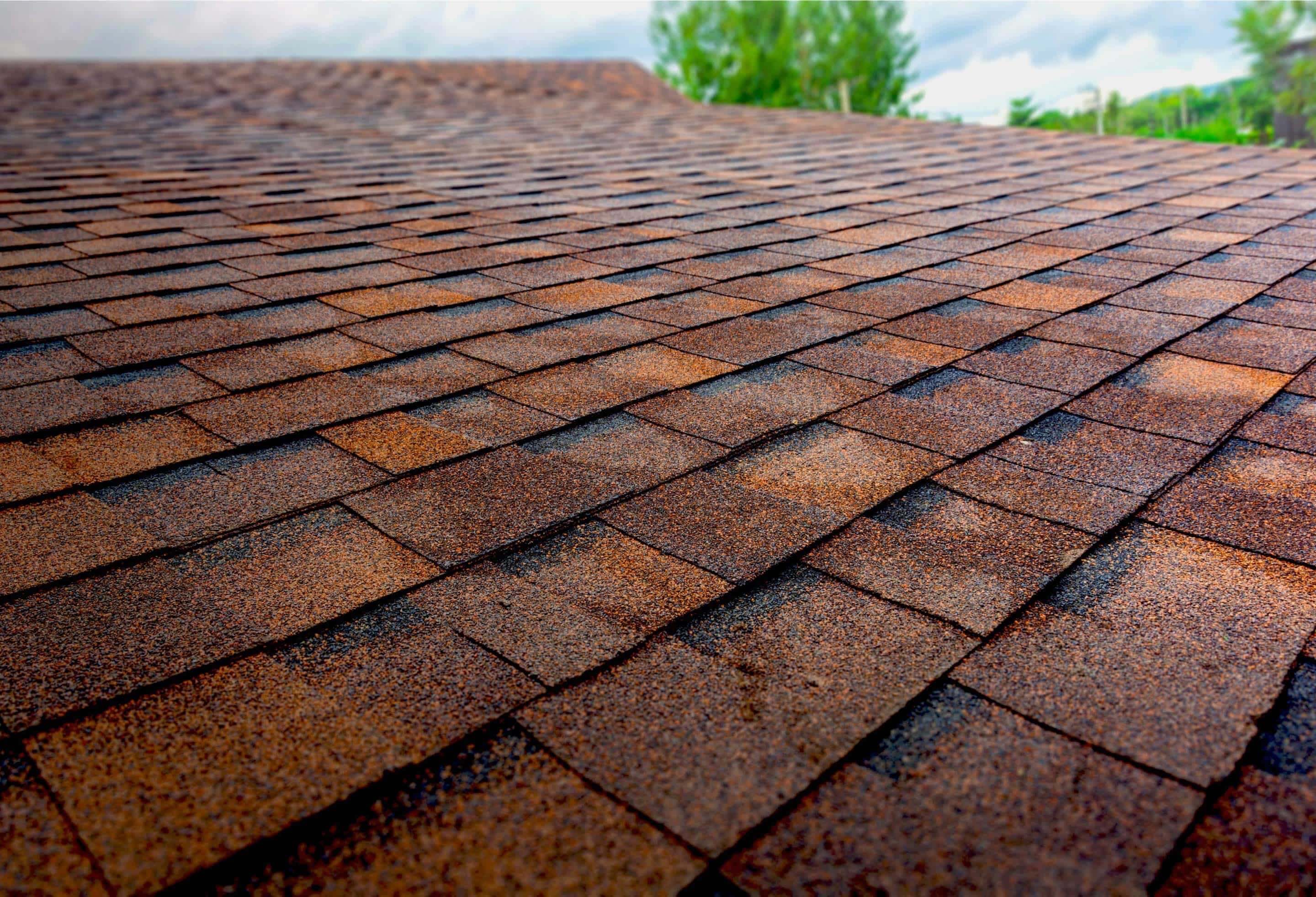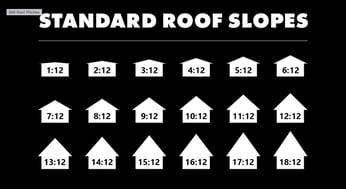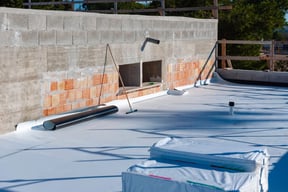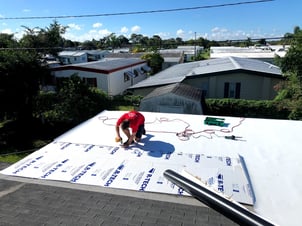
Roofs come in various shapes and structures, each with its distinct design. A gable roof differs from a mansard, just as a saltbox varies from a butterfly roof. These unique structures create a predictable layout for roofing professionals during inspections or repairs!
However, beyond the structure lies an essential aspect: the roofing material. Yes, believe it or not, it's possible to have the wrong material installed on your roof, and that's what we're delving into in this article. More specifically- shingles on flat roofing systems. Is that even a thing? At RoofCrafters, with nearly 30 years of experience, we've encountered numerous steep and low-slope roofs equipped with less-than-ideal materials, and it's a trend we aim to address.
As a homeowner with a low-slope roof, you deserve to know which materials are suited for you. Because asphalt shingles are so popular, we'll start there and cover the rest later! By the time you finish reading, you'll have a fantastic idea of which roof materials suit your flat roof style. Let's jump in!
What's a Low-slope Roof?
You may not know this, but flat roofing has a very small slope! Low slope roofing, the counterpart of steep roofing, is precisely what its name suggests—a roof with a minimal incline. Typically, a low slope roof is identified by its pitch ranging from 0 to 3:12. These roofs are less frequently found in residential settings; however, when present, they often serve as extensions from the house, providing cover for carports or front porches.

In contrast, they are more standard in commercial and industrial structures, offering cost-effective solutions and enabling a streamlined design. Although it's less common to install a low-slope roof across an entire residential property, they are popular and highly functional in commercial facilities due to the substantial square footage requirements of these spaces.
Asphalt Shingles: Will They Work on My Flat Roof?
Shingles are commonly associated with pitched or sloped roofs, but they can also be used on flat or low-slope roofs in certain circumstances. However, it's essential to consider several factors before deciding on shingles for a flat roof.
Flat or low-slope roofs are different from steeply pitched roofs in terms of water drainage. They have a minimal slope, making it crucial to ensure proper water shedding and prevent water accumulation. Traditionally, flat roofs often utilize built-up roofing (BUR), modified bitumen, or single-ply membranes like TPO or EPDM due to their ability to seal and withstand water pooling.

Shingles are generally not recommended for flat roofs because their design is better suited for steeper slopes that facilitate water runoff. Using shingles on a flat roof might lead to water infiltration and pooling, potentially causing leaks and other water-related issues. Shingles are less effective at shedding water on flat surfaces, which could result in premature deterioration of the roofing material and potential damage to the underlying structure.
However, some modern shingle products are specifically designed for low-slope and may be suitable for roofs with minimal slopes. These special shingles are typically manufactured with added features like self-sealing strips or modified designs to enhance water resistance and prevent water penetration on flatter surfaces.

Before considering shingles for a flat roof, it's crucial to consult with a roofing professional to assess the roof's slope, local climate conditions, and the specific shingle products available. The installer will also evaluate the roof's underlayment, decking, and overall structural integrity to determine if shingles are a viable and durable option for the flat roof.
When in Doubt, Consult a Roofer!
As mentioned, talking to a roofer is crucial when contemplating the use of asphalt shingles on a flat roof. Firstly, flat roofs possess inherently different structural dynamics compared to pitched roofs. The minimal slope of flat roofs raises concerns about water drainage and potential water pooling, which can lead to leaks and water damage. Asphalt shingles, designed for pitched roofs, might not effectively divert water on a flat surface, leading to premature deterioration and leaks.

A skilled roofer's assessment is vital in determining whether asphalt shingles are a feasible option for a flat roof. They can inspect the roof's structure, identifying any irregularities or vulnerabilities that may affect the installation or performance of asphalt shingles! This evaluation ensures that the roof can adequately support the weight of the shingles and addresses any potential issues regarding water drainage or moisture problems.
Also, consulting with a roofer provides you with tailored advice and alternative roofing options suitable for a flat roof. Roofing professionals can suggest other materials specifically designed for flat roofs, such as modified bitumen or single-ply membrane roofing, which offer superior waterproofing capabilities and are better suited to flat or low-slope applications. Ultimately, their expertise helps homeowners like you make informed decisions about the most suitable roofing materials that align with the structural requirements of your flat roof. Going to them for advice is always suggested.
Should You Get Asphalt Shingles on Your Flat Roof?
Possibly. While asphalt shingles are a popular and durable roofing material for pitched roofs, their suitability for flat roofs is a bit of a gray area! The unique structural challenges posed by flat roofs, such as inadequate water drainage, potential water pooling, and the risk of leaks, call for a careful evaluation before opting for asphalt shingles.
Remember that consulting a professional roofer is crucial when considering asphalt shingles for a flat roof! Roofing experts possess the knowledge and expertise to assess a flat roof's structural integrity, potential drainage issues, and the compatibility of asphalt shingles with the specific roof design. As a homeowner contemplating asphalt shingles for their flat roof, you must understand the nuances of their roofing system's design and functionality. While asphalt shingles might work for some low-slope roofs under specific conditions, it's crucial to weigh alternative roofing options that are purpose-built for flat surfaces.
If you need more clarification on a decision, do your research and take as much time as you need! And if you live in one of our service areas, help is right around the corner. When you're ready, visit our contact page to connect with one of our friendly RoofCrafters representatives. We're prepared to take on your commercial roofing project!
A
My name is Kevin Mills, and I am the lead estimator for RoofCrafters’ Tampa division. I’m originally from Michigan, and I enjoy hunting, fishing, and spending any free time outdoors. What I’m most passionate about, though, is helping business owners and homeowners alike achieve their roofing goals, all while providing a seamless customer journey.




